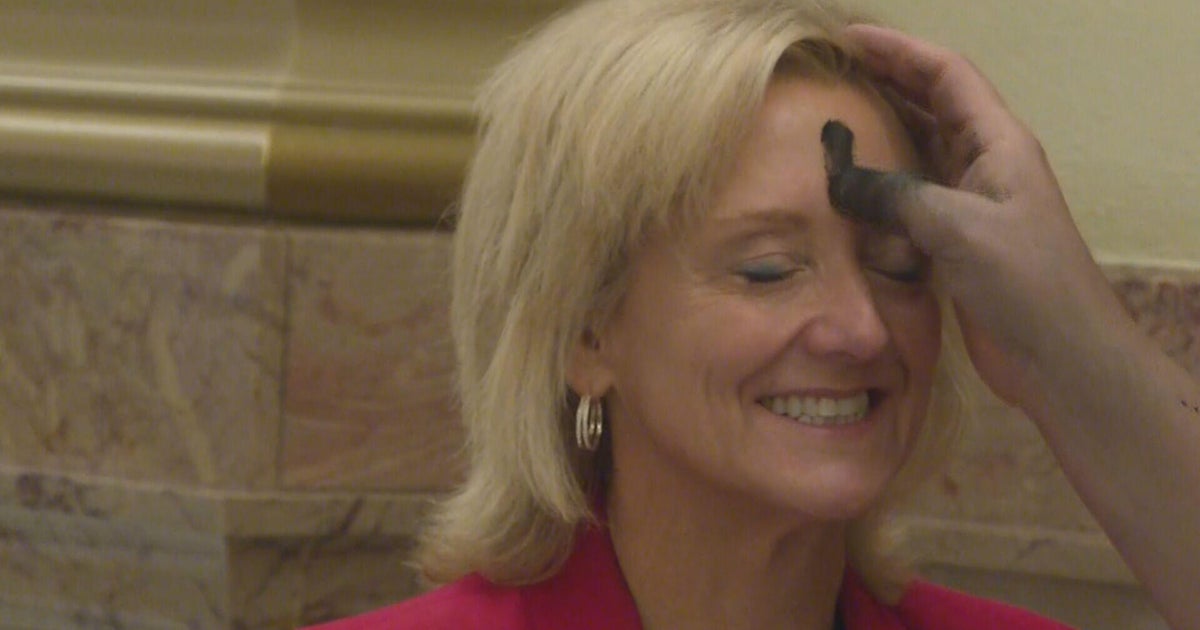Keller @ Large: Failure To Compromise On Capitol Hill Is All Too Familiar
BOSTON (CBS) - "The ball is in their court," says White House Press Secretary Jen Psaki of the back-and-forth with Republicans over President Joe Biden's massive proposed infrastructure package. "We are awaiting their counter proposal."
Says Rep. Don Young (R-Alaska), one of several senior GOP members involved in negotiations, "We're not there yet."
And there you have it, an all too familiar story with the president's artificial deadline for an infrastructure deal looming next week: Finding the middle ground on almost any major issue remains elusive for the D.C. political establishment, even one like infrastructure policy, where you'd think the rubber would meet the road.
The president has cut his high-ball opening ask by more than 25 percent, but the anemic GOP response handed the White House a talking point. "The last counteroffer that came from the Republicans just came up $50 billion," notes Psaki. "So, our concessions went ten times as far as theirs."
Republicans seem poised to up their ante with a new offer tomorrow, and they correctly note Biden still wants to spend unprecedented amounts. But they've flatly rejected his plan to fund it by raising taxes on corporations and people earning $400,000 a year or more.
And the president appears to have the upper hand on key elements of his package.
According to CBS News polling late last month, the plan enjoys support from nearly six in 10 Americans. More money for elderly home care, a stretch of the definition of infrastructure which Republicans oppose, draws a whopping 83% support, with backing for those tax hikes on corporations and the wealthy not far behind. Meanwhile, support for the GOP plan to raise highway user fees instead lags well under 50 percent.
"We need an infrastructure bill. That's the biggest challenge we have today," says Rep. Young. "Do we need everything else? Not necessarily."
In theory, the Democrats should have the political edge here, with the Republicans balking at spending proposals that even draw majority support from their own rank-and-file. But even though the Senate parliamentarian has ruled the Biden bill could be passed through a reconciliation process reserved for budgetary items that would require only the votes of all 50 Democratic senators (plus the tie-breaker from Vice President Kamala Harris) to pass, it seems unlikely they could maintain partisan discipline on this one, with "moderates" like Sen. Joe Manchin of West Virginia siding with the Republicans on the tax issue.
Can they cut a bi-partisan deal for once? Maybe. But don't hold your breath.







